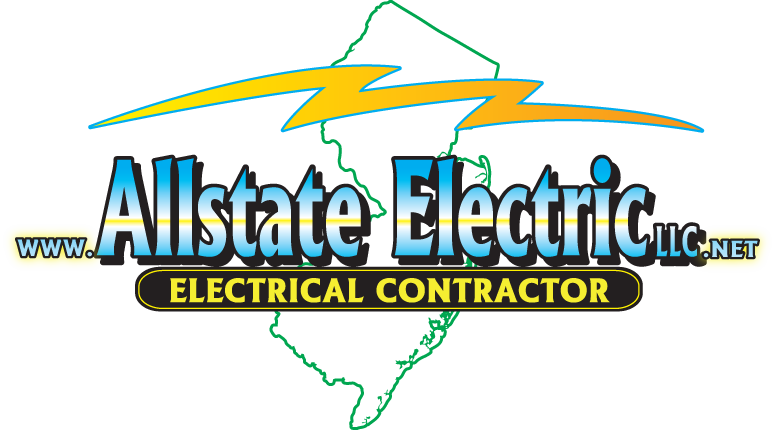Choosing the Right Home Generator System
In today’s world, where power outages can strike at any moment due to extreme weather, aging power grids, or infrastructure issues, many homeowners are turning to backup generators for peace of mind. Investing in a home generator can make the difference between comfort and inconvenience when the lights go out. However, selecting the right generator is a significant decision that involves more than just picking a product off the shelf. Partnering with a licensed electrician is the best way to ensure your generator is safely, effectively, and efficiently integrated into your home’s electrical system. Here’s how working with an electrician can simplify your journey to a reliable power source.
1. Assessing Power Needs with an Expert
The first step in selecting the right generator is understanding your specific power requirements. Not every home needs the same type of generator, and having a professional by your side can help clarify what’s essential. An experienced electrician can calculate the wattage you need based on the appliances and systems you want to keep operational during an outage. Key considerations might include:
Essential appliances (refrigerator, oven, heating or cooling system)
Medical equipment
Security systems
Lighting and communications
A licensed electrician will help you distinguish between essentials and non-essentials, ensuring you don’t overspend on a generator that’s too powerful (and more expensive) than what’s required for your needs.
2. Deciding Between Standby and Portable Generators
Generators come in various forms, with standby and portable options being the most common for residential use. Working with an electrician can help you understand the differences and choose the type that best fits your home and lifestyle.
Portable Generators: Portable generators are generally smaller, less expensive, and require manual setup in an emergency. They work well for powering a few essential appliances, but they won’t keep an entire home running. An electrician can help you plan the placement and guide you through the safest method to connect it to your home’s electrical system.
Standby Generators: Standby generators are permanently installed and connected to your home’s natural gas or propane supply, making them a reliable and hands-free solution. These generators automatically detect power outages and start up within seconds. An electrician will be critical in this type of installation, ensuring that the standby generator is wired safely and meets local building codes.
3. Planning for Installation
Installing a home generator isn’t a DIY project. It requires precise work and knowledge of electrical systems and local codes. Partnering with an electrician ensures your generator is installed safely and meets all regulatory standards. Here’s what an electrician can help with during the installation:
Locating the Right Placement: For permanent generators, placement matters. An electrician can assess the best location for your generator that’s both compliant with code requirements and far enough from doors, windows, and vents to avoid carbon monoxide risks.
Connecting to the Electrical Panel: Standby generators require a transfer switch, which allows the generator to power your home safely. A professional electrician will install the transfer switch correctly and make the appropriate connections to your main electrical panel.
Testing and Inspection: After installation, an electrician will test the generator system to ensure it powers on and connects to your home effectively. They’ll also inspect your generator to confirm it’s working safely and doesn’t pose a fire or electrical hazard.
4. Maintenance and Ongoing Support
Once your generator is installed, your electrician can also be a valuable resource for maintaining it. Generators need periodic checks and maintenance, especially if they run on fuel like propane or diesel. Regular upkeep will ensure your generator is ready when you need it most. Your electrician can schedule annual maintenance, which might include:
Checking fuel levels and refilling as needed
Inspecting for signs of wear and tear
Running periodic tests to confirm operational readiness
Verifying safe connections and wiring
5. Maximizing Efficiency and Minimizing Costs
Working with an electrician can help you select the most energy-efficient generator that aligns with your budget. Electricians often have insights into the latest models, brands, and features that offer better fuel efficiency or lower maintenance costs. They’ll be able to advise you on how to avoid hidden costs, such as expensive fuel refills or unexpected repairs.
Selecting and installing a home generator system can be complex, but working with an electrician simplifies the process and ensures the highest levels of safety and reliability. From determining your power needs to advising on the best type of generator for your home, an electrician brings invaluable expertise to each stage of the process. As you plan for your home’s power security, remember that this collaboration is essential for smooth, reliable backup power—keeping you comfortable and worry-free, even during the next big storm.
~~~
The professionals at Allstate Electric llc would be pleased to meet with property owners in Northern New Jersey to discuss all of your electrical installation, renovation, maintenance, and emergency needs.

